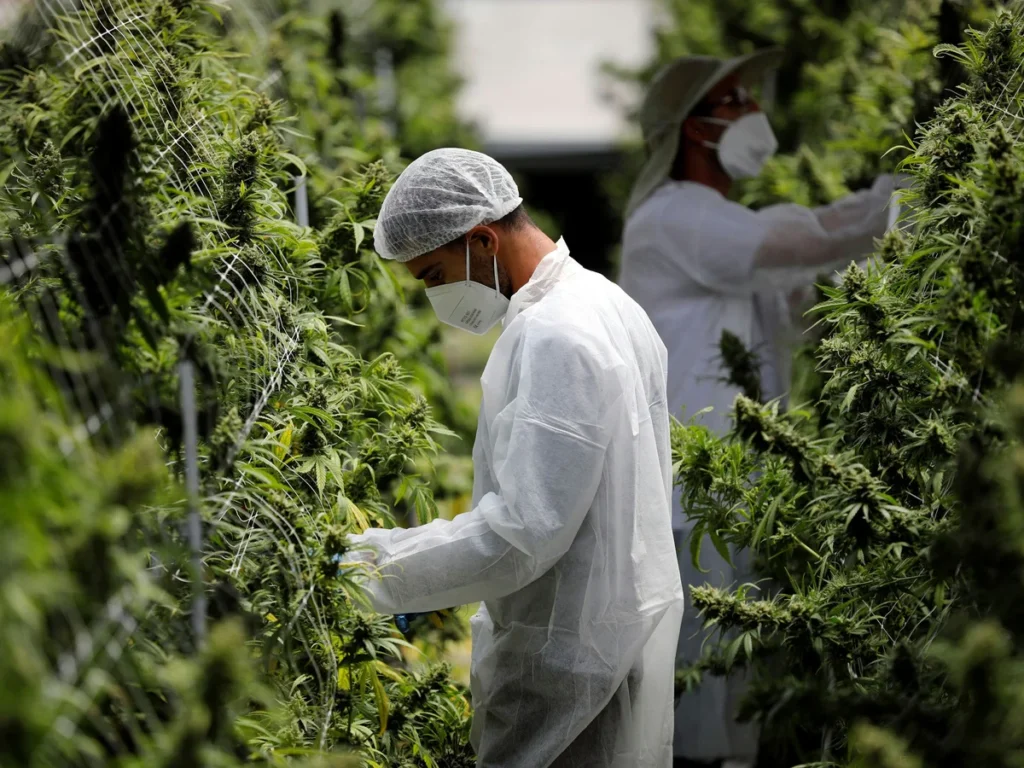Discovering Weed in Alba Iulia: Understanding the Cannabis Scene in Romania’s Historic Heart

Despite its traditional roots, Alba Iulia, like many cities across Romania, is part of the ongoing global conversation about cannabis, its potential benefits, and the evolving societal and legal perspectives surrounding the substance on discover weed in Alba Iulia.
In this article, we will explore the cannabis culture in Alba Iulia, its legal status in Romania, and how local attitudes are evolving amidst a global shift in perception on discover weed in Alba Iulia.
Alba Iulia: A Historic City with Traditional Values
Alba Iulia, the capital of Alba County, holds great historical significance.The Alba Carolina Citadel, a star-shaped fortress dating back to Roman times, stands as one of the city’s most famous landmarks, attracting visitors from across the world on discover weed in Alba Iulia.
As in many parts of Romania, the idea of cannabis use is often met with resistance due to deeply ingrained societal views on drug use on discover weed in Alba Iulia.
However, despite its historical and conservative nature, Alba Iulia is not immune to the larger trends occurring across Romania.
The Legal Landscape: Cannabis in Romania
Cannabis remains illegal in Romania for recreational use, and this holds true in Alba Iulia. Romania’s laws regarding cannabis are strict, and the country adheres to a zero-tolerance policy when it comes to drug use. Possession of even small amounts of cannabis is considered a criminal offense, punishable by fines and imprisonment.
The legal framework around cannabis is an area of contention in Romania.
Despite the legalization of medical cannabis, the country still enforces strict policies regarding recreational cannabis use, and as such, people in Alba Iulia are prohibited from consuming cannabis for non-medical purposes.
Cannabis Culture in Alba Iulia: A Hidden Reality
Cannabis consumption in Alba Iulia is predominantly carried out privately, away from the public eye.
This online community has become a vital space for people to share knowledge, experiences, and opinions about cannabis.
The Role of Social Media and the Internet
One of the major factors influencing the cannabis scene in Alba Iulia is the internet.
The internet also allows for the spread of information about cannabis’s potential benefits, especially when it comes to medical use. Many people in Romania, including those in Alba Iulia, are beginning to understand the therapeutic properties of cannabis. Medical cannabis, though still highly regulated, has created new possibilities for individuals suffering from a variety of ailments.
Challenges to Cannabis Acceptance in Alba Iulia
The primary challenge to cannabis use in Alba Iulia remains the legal environment. The strict penalties associated with cannabis use and possession continue to discourage many residents from openly discussing or using cannabis.
The cultural stigma surrounding cannabis use is also a significant obstacle. The traditional values that dominate the city mean that drug use, even cannabis, is seen as immoral or undesirable.
Moreover, the lack of access to cannabis, even for medical purposes, remains a practical concern.
Looking Forward: A Shift in Perspectives?
Despite these challenges, the future of cannabis in Alba Iulia is not without hope. As Romania’s younger generation continues to embrace digital spaces and global conversations about cannabis, there is potential for attitudes toward the substance to evolve.
While it may take time for the full acceptance of cannabis in Alba Iulia, the trends in Romania and beyond suggest that the city may gradually move towards a more informed and progressive stance on cannabis use in the future.
Conclusion
Cannabis use in Alba Iulia remains discreet and largely hidden due to legal, cultural, and social factors. The city’s conservative values and the legal framework in Romania create an environment in which cannabis use is stigmatized and taboo.

When it comes to marijuana products, ScentHub offers an extensive selection of some of the highest quality items I’ve come across. I’ve tried a variety of strains, edibles, and concentrates, and the quality has consistently been outstanding. The flowers are always fresh, fragrant, and potent. I’ve had the chance to try both Sativa and Indica strains, and the effects have been exactly as described. Contact them on email: Scenthub43@gmail.com and also there Telegram : t.me/Scenthub43
Wow they have an option for me. The variety in their selection means that no matter my experience level, I’ll find a product that fits my needs. highly recommended .
I can say without hesitation that ScentHub has earned my loyalty. From the quality of the products to the exceptional customer service.

I’ve had a number of experiences where edible products don’t quite deliver the promised effects or leave an unpleasant aftertaste, but that’s not the case with ScentHub. The gummies, chocolates, and drinks I’ve tried have all been potent, flavorful, and consistently effective. The packaging is also informative, making it easy to understand the dosage and what to expect from each edible, Thank you !!!
They also don’t pressure you into buying anything you’re not ready for, which is a huge relief. It feels more like a conversation with a trusted friend rather than a hard sell. highly recommended!!